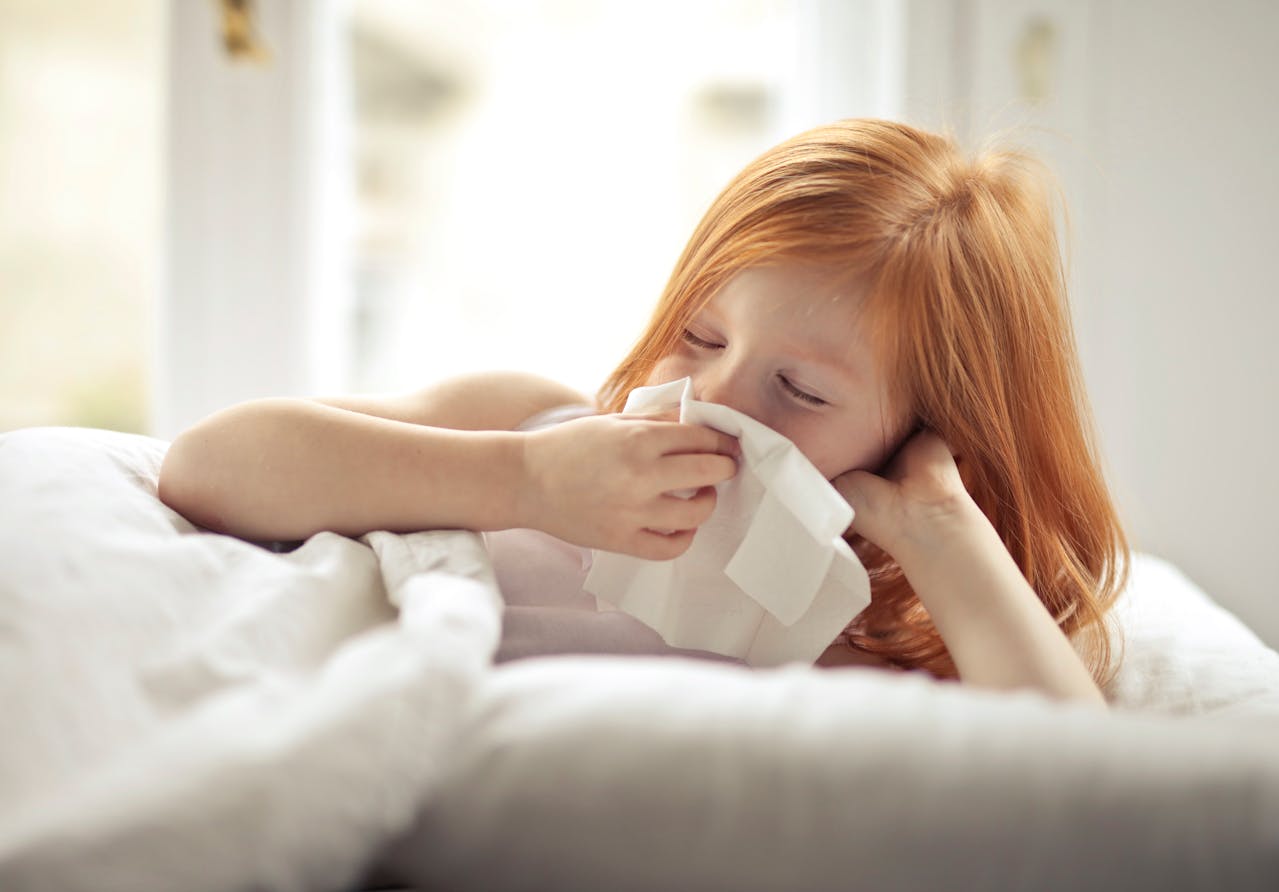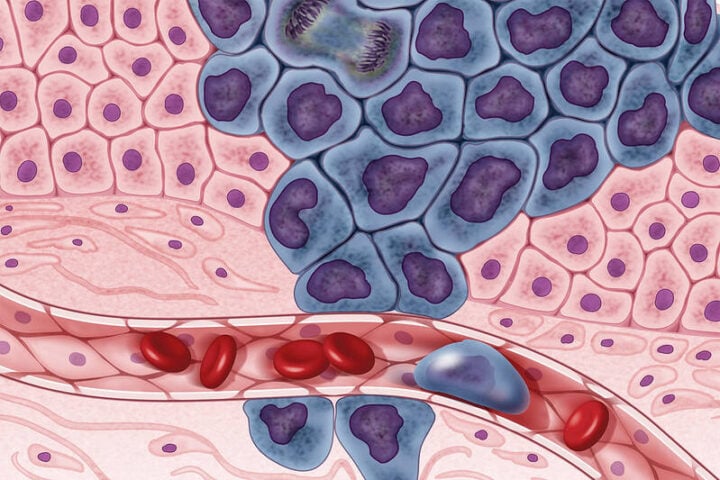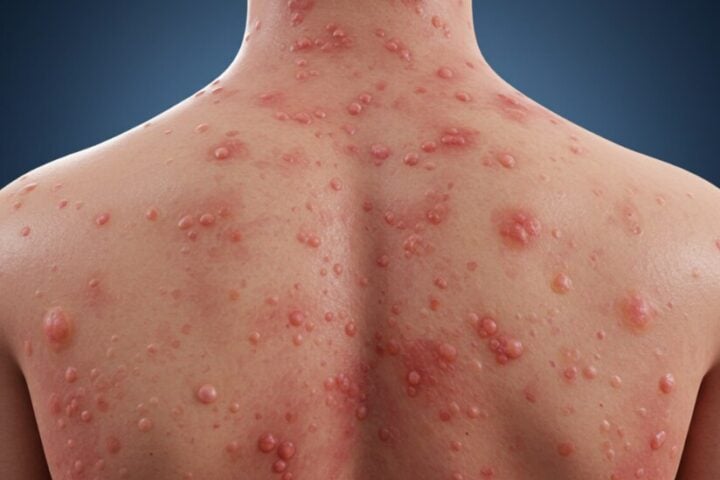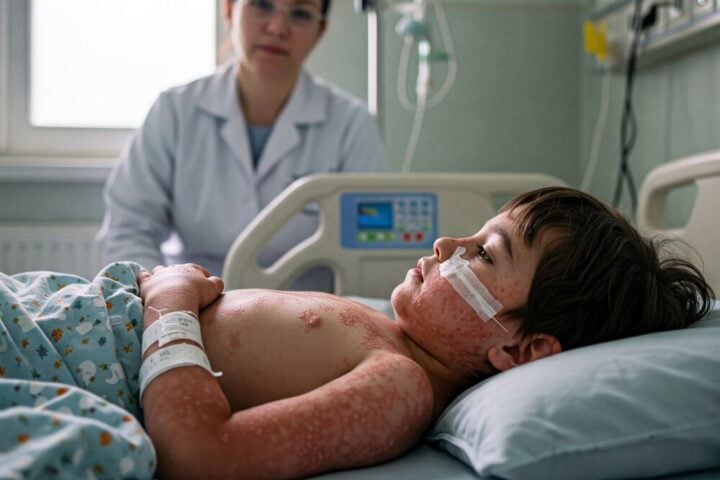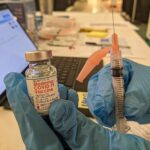The holiday season brings familiar respiratory illness challenges, with COVID-19 variants XEC and KP.3.1.1 at the forefront. “We’ve continued to see COVID evolving, and that’s to be expected,” states Mary Rodgers, associate research fellow at Abbott, in an interview with NBC Chicago. “As people’s immune responses develop to one strain, the virus is motivated to change so it can escape from those immune responses.”
Current COVID-19 symptoms mirror previous variants: fever, chills, sore throat, body aches, loss of taste or smell, cough, runny nose, headache, and gastrointestinal issues. Dr. Chantel Tinfang, family medicine physician at Provident Hospital of Cook County, notes shifts in symptom patterns, that many cases now report less fever, body aches and chills, presenting more with sore throat, fatigue and coughing.
Testing remains crucial. Dr. Rebecca Choudhury, infectious disease physician at Mount Sinai, emphasizes: “People who have been vaccinated against COVID-19 may experience similar types of symptoms as those who have not been vaccinated. However, vaccination has significantly decreased the severity of COVID-19 symptoms, reducing hospitalization and death risks.”
The CDC’s updated guidelines now align COVID-19 with other respiratory infections. People can resume activities when symptoms improve and fever subsides for 24 hours without medication. However, masks and distancing are recommended for five additional days.
Free Testing Access Americans can order four free COVID-19 test kits through COVIDtests.gov. These tests detect current strains, with standard over-the-counter tests costing around $11, as of last year.
More Stories
Dr. Elena Gendlina stresses vaccination importance: “People who are not vaccinated, especially those with underlying medical conditions, can develop severe disease and become very ill. They may need hospitalization.”
Diagnostic Challenges Healthcare providers often “triple test” for influenza, RSV, and COVID-19 due to symptom overlap. Dr. Mary Gover of Albert Einstein College of Medicine lists common symptoms: tiredness, runny nose, loss of taste and smell, and digestive issues.
Prevention Strategies The CDC recommends:
- Staying current with vaccinations
- Practicing hand hygiene
- Improving indoor air quality
- Testing when symptoms appear
COVID-19 has moved from being the nation‘s third leading cause of death early in the pandemic to 10th last year, yet vigilance remains essential during holiday gatherings and respiratory virus season.
